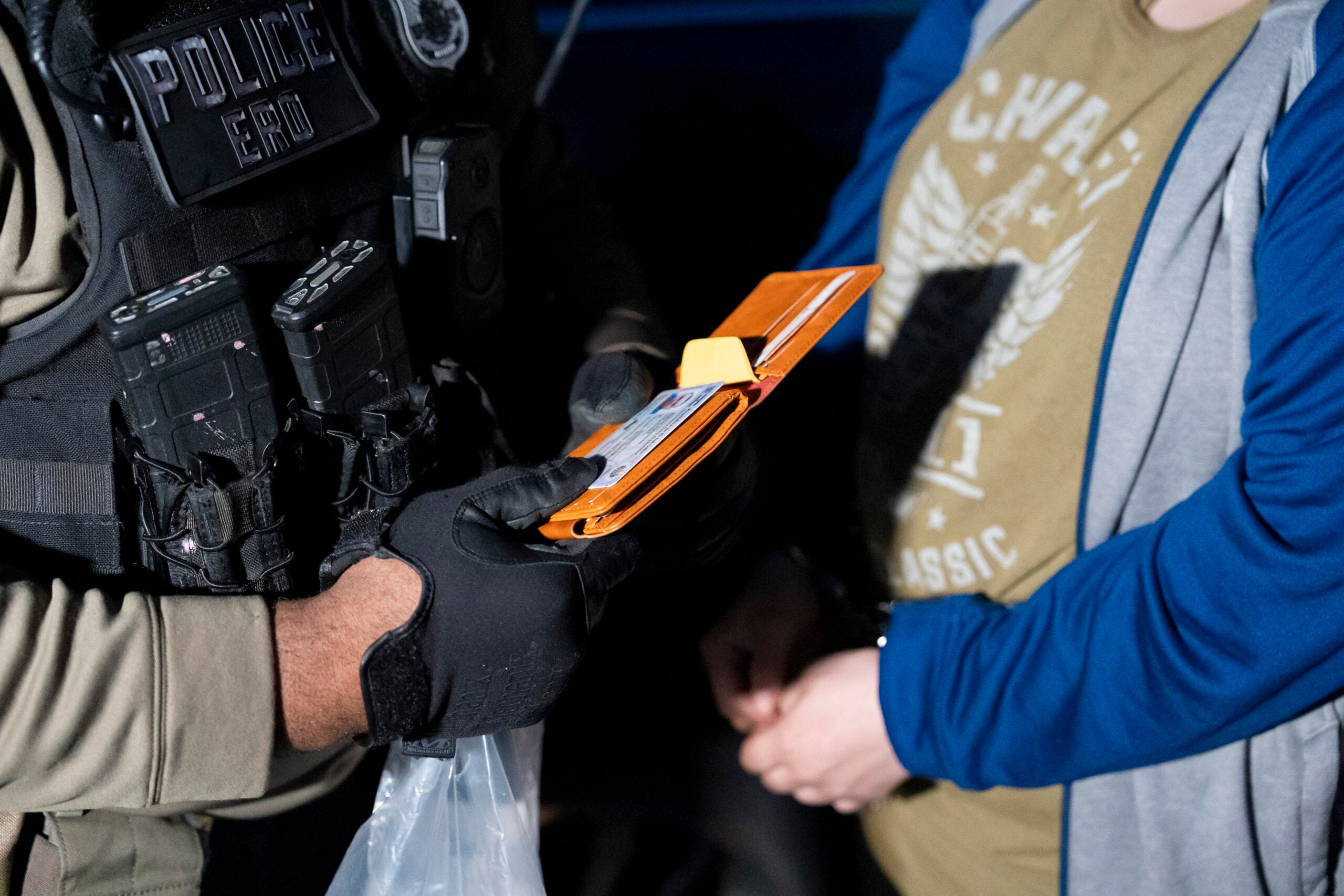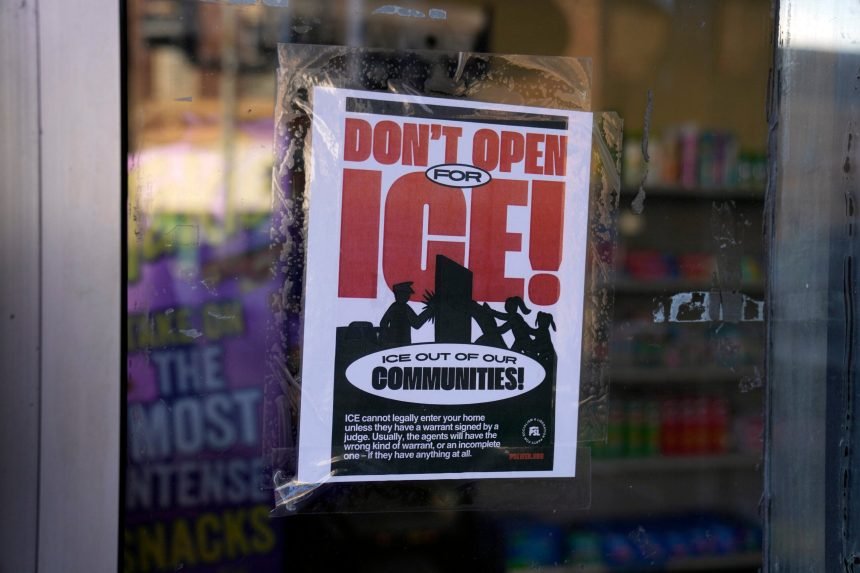Two members of Wisconsin’s Latino business community say President Donald Trump’s tariff and immigration policies are hurting the state’s Latino businesses.
Since January, President Trump has instituted or proposed steep tariffs ranging from 10 to 25 percent on countries in Latin America, with the highest being a 25 percent tariff on goods imported from Mexico.
Juan Corpus is the executive director of the Wisconsin Latino Chamber of Commerce, headquartered in Dane County. The chamber has more than 200 members. He told WPR’s “Wisconsin Today” that Trump’s policies on tariffs are raising prices for the Latino business owners and customers in Wisconsin.
News with a little more humanity
WPR’s “Wisconsin Today” newsletter keeps you connected to the state you love without feeling overwhelmed. No paywall. No agenda. No corporate filter.
“From a tariffs perspective, those downstream costs impact Latino businesses, like all the other businesses,” Corpus said. “Those resources to build or make our products become higher, then that cost has to be passed off to somebody else.”
Nearly half of Latino-owned businesses in the U.S. that generate sales of more than $10,000 annually either import or export for their business, according to a 2022 survey from Texas A&M University.
Corpus said these challenges come amid the chamber’s work addressing long-standing challenges facing the state’s Latino entrepreneurs, like access to capital and information on certifications and permits.
“What you’ll see in a lot of Latino businesses is they tend to rely on a lot of their savings,” Corpus said. “If you ask any successful entrepreneur, you’ll understand that that’s not the path you should go because if for whatever reason you encounter challenges, you’ve now drained your only safety net.”
New challenges amid Latino business growth
Corpus grew up in the Green Bay area. He told the Milwaukee Journal Sentinel he wants to expand the reach of the Wisconsin Latino Chamber of Commerce beyond Dane County to form connections with and support Latino businesses in northeast Wisconsin.
“Growing up in northeast Wisconsin, there weren’t any Latino businesses … We had to travel to Milwaukee or Chicago to purchase things,” he said. “So the sheer number of businesses that have propped up over the last 20 to 30 years has expanded.”
In Wisconsin, the number of Latino-owned businesses nearly tripled from 1997 to 2012, according to a 2024 report from the University of Wisconsin-Madison.
The same report found that nearly 90 percent of the state’s Latino-owned businesses reported having no employees, suggesting most are owner-operated.
Nataly Andrade co-founded Mercadera Market in 2021 with business partner Galy Montes. Mercadera Market is a pop-up marketplace in the Milwaukee area that showcases local Latina businesses and services, according to the website.
Andrade said the market has worked with thousands of Latina entrepreneurs and hundreds of businesses to help women in her community find ways to bring in extra revenue after the COVID-19 pandemic. She said her organization also connects entrepreneurs with financial and educational resources to improve financial literacy.
Andrade told “Wisconsin Today” that new tariffs and a general economic downturn have added new troubles for the entrepreneurs her organization works with.
“I was just talking to one (vendor) yesterday. He’s had packages on hold since August. He hasn’t been able to ship new merchandise to sell,” Andrade said.
Increased immigration arrests chill business patronage
Both Corpus and Andrade said expanded immigration arrests by U.S. Immigration and Customs Enforcement officers have had a chilling effect on Latino businesses.
“I have certain community members, friends, where they are now acting as the drivers, chauffeurs for family members or close friends that are scared to go out,” Corpus said.
“One little news story — whether it’s in another state or in another town — you recognize that that could be right outside your door,” he added.
ICE arrests in Wisconsin from January through July have increased 22 percent compared to the same time period last year, according to data from the Deportation Data Project.

In nearby Chicago, the Department of Homeland Security said last month that agents have made more than 1,500 arrests as part of a crackdown in the area beginning in September dubbed “Operation Midway Blitz”, according to CBS News.
NPR found that at least 20 people have died in ICE custody so far this year, the highest rate since 2005. NPR also reported that the agency is holding 60,000 people in immigration detention, the largest number in several years.
An analysis from the Migration Policy Institute found that 71 percent of ICE detainees had no criminal conviction as of September.
Andrade said Mercadera hasn’t held as many pop-up markets this year due to concerns around ICE.
“There have been years where we’ve hosted more than 30 markets a year and just provided safe spaces for women to show up and sell their goods,” Andrade said. “But now we’ve found that people aren’t attending to support local talent as much as they used to because people may be afraid of showing up in public spaces.”
Andrade said cities can support Latina businesses by providing more grant, scholarship and low-interest loan opportunities for business owners. She said larger, more established businesses can support aspiring business owners by opening their doors.
“It’s important that we open up our spaces to local vendors at no cost or very low fees,” Andrade said. “If you own a coffee shop, who in your coffee shop can you invite to support a local business?”











